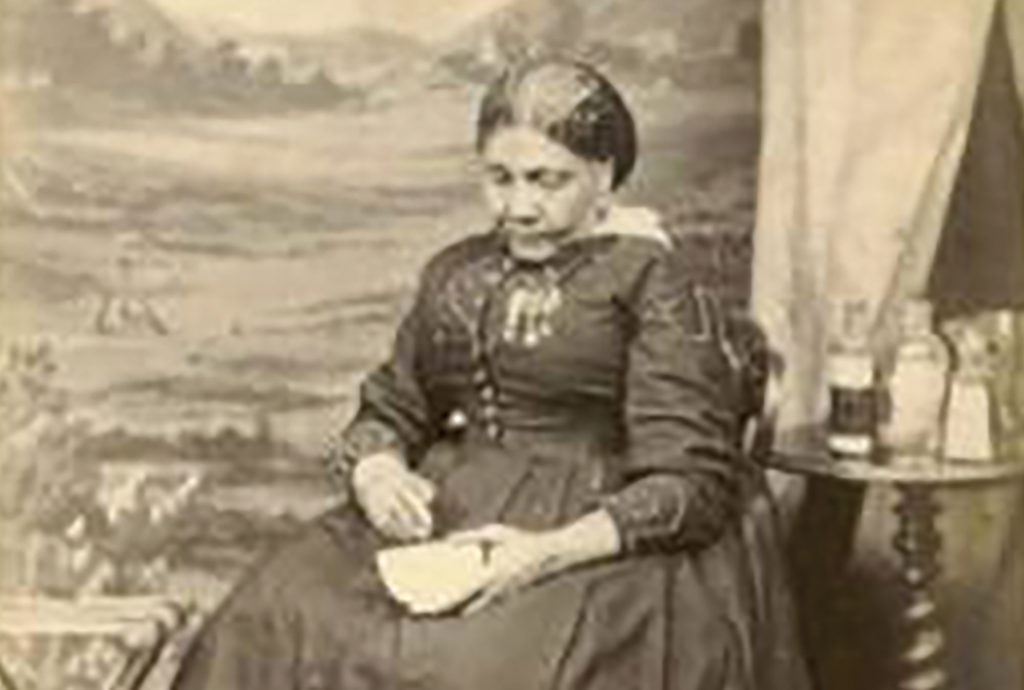Profiles In Nursing
Mary Seacole (1805–1881), Crimean War Memoirist
Her bestselling book inspired the British public and Royal Family

A multiracial lay nurse and businesswoman from Kingston, Jamaica, Mary Seacole created a life for herself that defied the stereotypes of her time and built a memorable legacy on both sides of the Atlantic Ocean.
Growing up in Jamaica
Born Mary Grant sometime in 1805, Seacole was the daughter of a Scottish soldier and a Jamaican nurse.
She developed an interest in nursing at an early age. Her mother ran a boarding house for sick and injured soldiers, and by age 12, Mary was routinely helping her mother care for boarders. During this time, she also learned traditional Jamaican healing remedies that she’d use in her own nursing work as an adult.
Growing up in a multicultural family informed Seacole’s upbringing and fueled her desire to see the world. As a girl, she spent three years in England, visiting relatives. Later, she frequently traveled to nearby Caribbean islands, including Haiti and Cuba, gathering spices to resell in Jamaica — the first of many entrepreneurial ventures.
A Cholera Epidemic
In 1836, she married Edwin Seacole and opened a supply store with him. However, just eight years later, Edwin fell ill and died. Seacole’s mother died the same year.
Six years later, in 1850, a cholera epidemic swept through the Caribbean. The disease, spread by contaminated food and water, claimed the lives of 10 percent of Jamaica’s population.
During this emergency, Seacole cared for fellow Jamaicans suffering from cholera, using both the healing remedies she’d learned from her mother and contemporary medical treatments. Unfortunately, some of these, like mercury chloride and lead acetate, did more harm than good; Seacole later admitted there had been “lamentable blunders.”
As the outbreak subsided in Jamaica, Seacole traveled to Panama, where she opened a store to sell food and goods to travelers on their way to California to be a part of the Gold Rush. Her store was across the street from her brother’s hotel, which also served miners on their journeys west.



